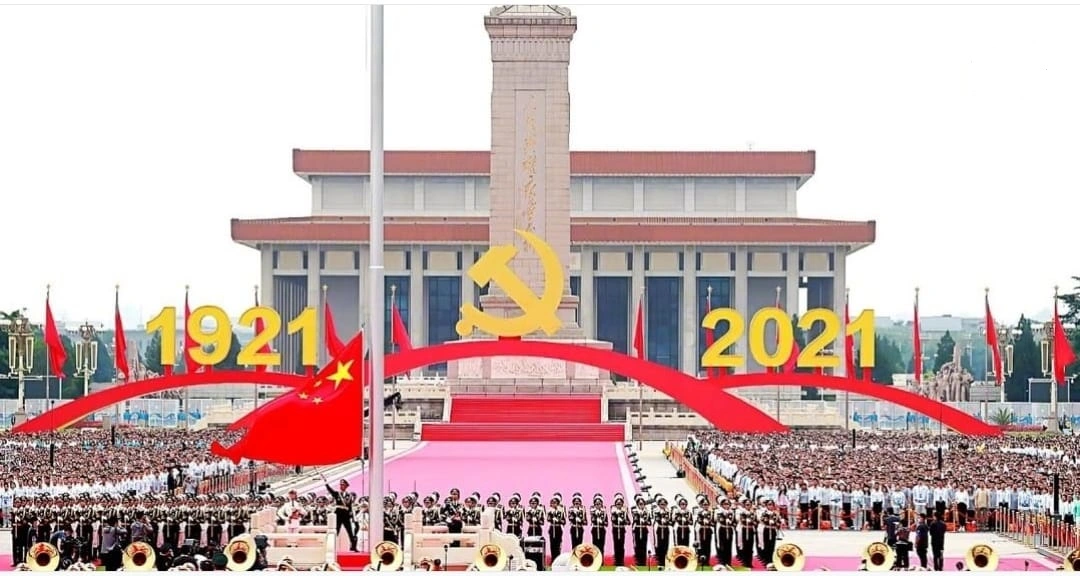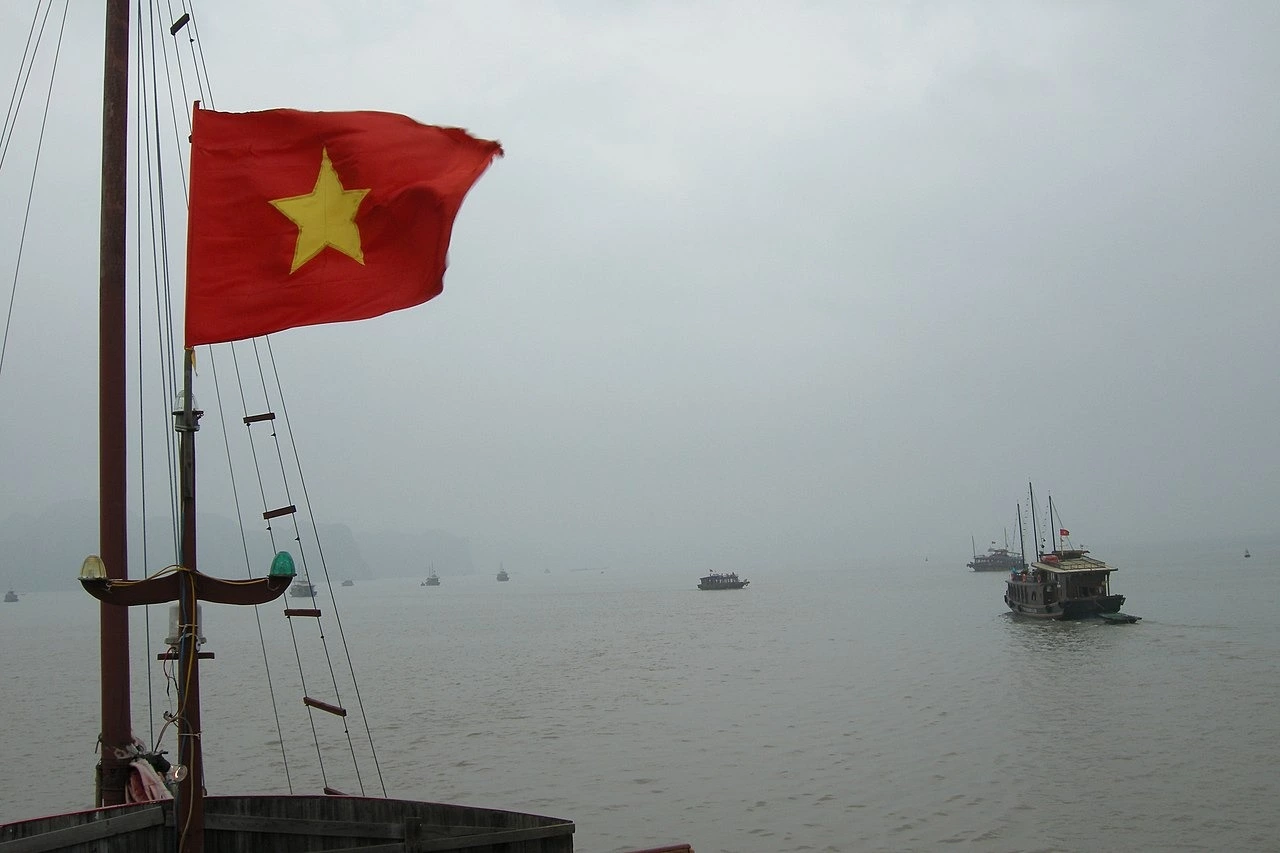China has come a long way in the last century. In 1911-2 the Qing dynasty was overthrown, then in the 20s the Chinese Nationalist Party (KMT) became dominant, initially with the promise of progressive reform and land rights. But when the KMT failed to provide the radical change that China needed, that responsibility fell instead to a newer, more vibrant and more ideologically committed force, the Chinese Communist Party (CCP), created a hundred years ago in July 1921. After tremendous years of tireless struggle and hardship - notably the famous Long March through which the Workers’ and Peasants’ Red Army evaded the Nationalists and prepared for their fightback - and after the suffering too of Japanese fascist occupation, the Chinese workers eventually triumphed and the KMT’s now increasingly reactionary rightwing leaders fled to the renegade island of Taiwan.
In 1949 the People’s Republic of China was declared, and socialism was established under the leadership of the great revolutionary Mao Zedong. The following seventy-two years have been years of immense, breathtaking accomplishment - punctuated, of course, by disappointments and controversies, as all great histories are.
These achievements range from the military to the cultural to the diplomatic to the economic and social. Militarily, China has established itself as a world power. Culturally, Mandarin Chinese is increasingly studied around the world, and the pinyin system of romanisation has been invented and propagated by Chinese academics. Diplomatically, a country that initially struggled to gain international recognition by Western states (who supported the claims of the renegade regime in Taipei) is now almost universally recognised as the sole and legitimate government of China, and of course holds a permanent seat on the UN Security Council. Even the United States has felt obliged to pay at least lip-service to the One China principle. And the UK and Portugal have had to hand back their erstwhile colonial possessions, Hong Kong and Macau, although not without (at least on the UK’s part) periodic whining about China’s subsequent assertion of its sovereignty over its national territory. In the 1840s and 1850s the Unequal Treaties had ceded Hong Kong, granted extraterritorial privileges to British citizens, and legalised the opium trade. The following century of shame was largely ended by the Revolution and then finally by the UK’s capitulation over HK.
China has had the world’s fastest-growing economy for several decades. The 1940s saw massive land reform. The 1950s brought nationalization, modernization and planning. After some wobbles, political and economic stability were established by the end of the 1970s and massive economic growth followed. Foreign trade soared. Since then, China has often been accused of abandoning or diluting socialism and adapting capitalist or market-led methods. Yet state-owned enterprises account for a massive portion of China’s economy and provide the great majority of jobs for the Chinese people.
China is a long way from being a capitalist, let alone neoliberal state. And China’s economic and social strategy has brought real and tangible change to people’s lives. Over the last three decades or so, 850 million Chinese have been lifted out of poverty. Living standards have been rapidly improved. Writing of the abolition of absolute poverty in China, even a hostile source such as the liberal Economist has to concede: “It is a triumph for the ages, too, as state media have noted. Never before in the country’s history has destitution come anywhere close to being eliminated.” (Economist, 2nd Jan., 2021).
There is thus much for the country to be proud of as it looks back over the century since the Communist Party was founded and in particular the 72 years since the People’s Republic was established. Even those skeptical or antagonistic to some of the Republic’s policies must concede its successes in many areas and the massive overhaul of society and the economy that has been undertaken under the Party’s leadership. And many will note the country’s success in dealing with the Covid-19 pandemic; the country did not experience a second or third wave, as most Western nations did, and it developed and distributed its own vaccines domestically.






